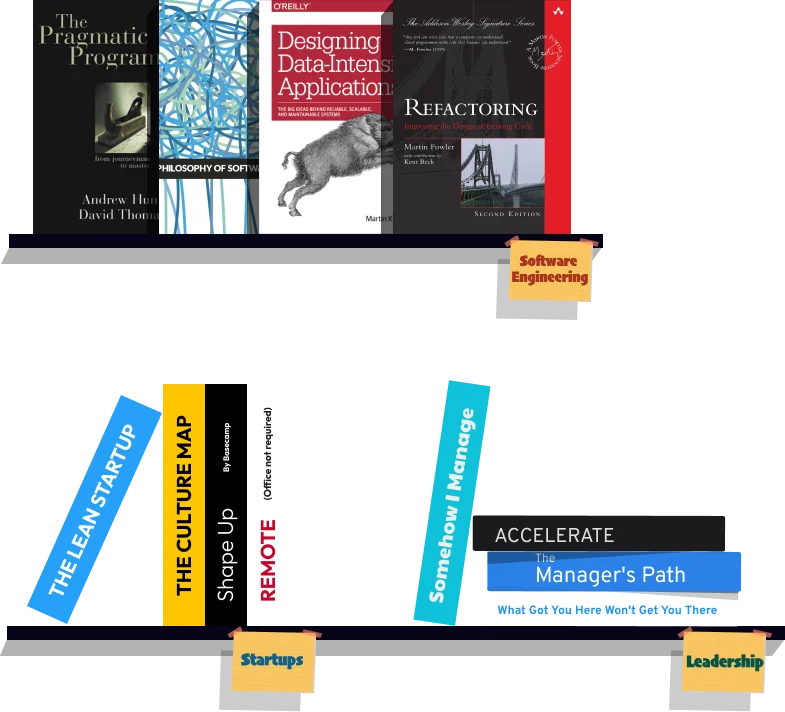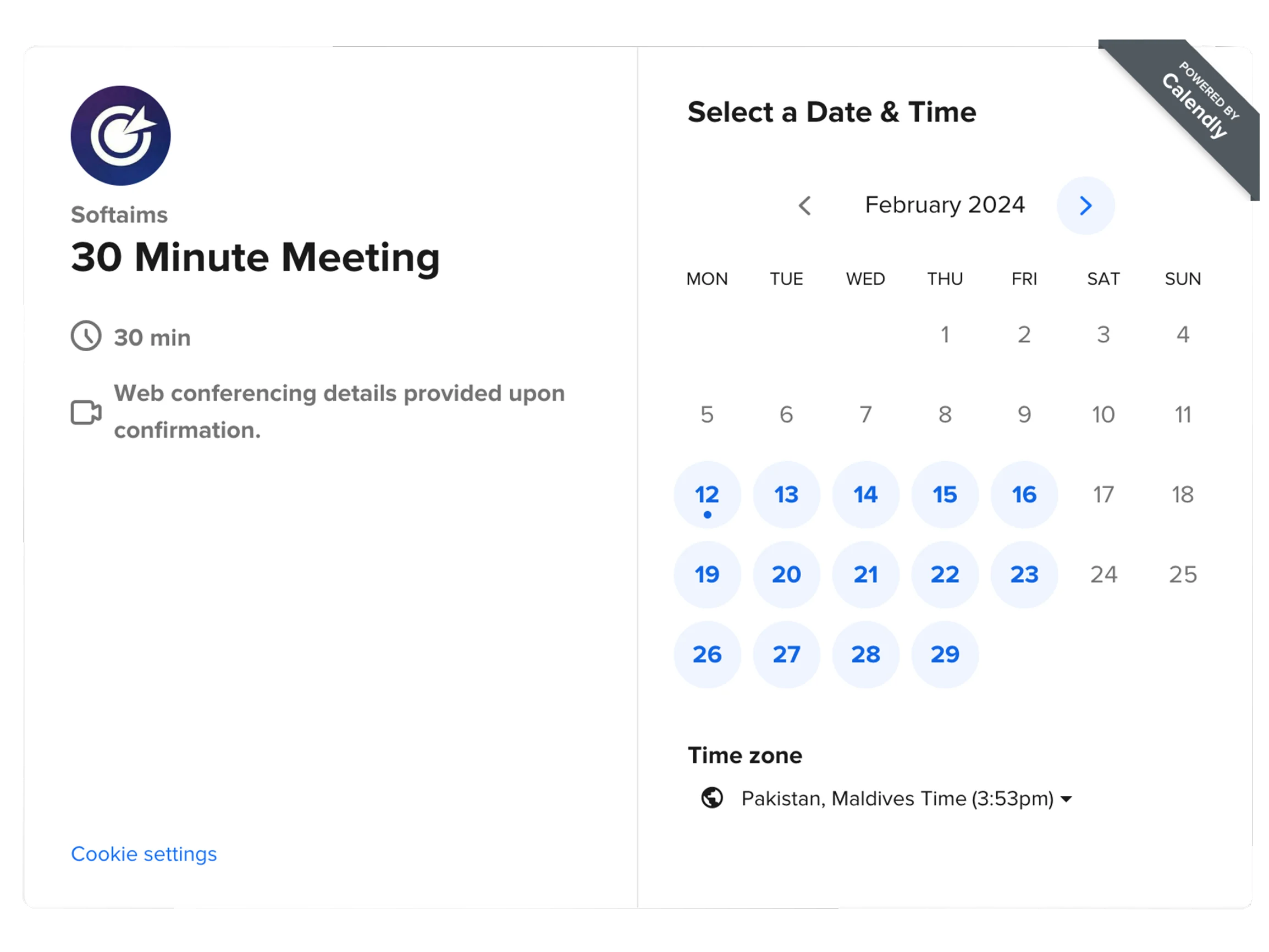The Power and Portability of a Java Developer
A Java developer is an engineer who builds robust, scalable, and cross-platform applications using one of the world's most enduring and widely-used programming languages. They are responsible for creating the high-performance backend systems, enterprise applications, and Android mobile apps that power countless businesses and services.

Hiring a Java developer means bringing in a professional who values stability, performance, and a mature, well-supported ecosystem. Their expertise is crucial for building the large-scale, mission-critical systems that require long-term maintainability, strong security, and the ability to run anywhere, thanks to the Java Virtual Machine (JVM).
Core Java Language Proficiency
A proficient Java developer must have a deep and comprehensive understanding of the core language itself. This goes beyond basic syntax and requires a solid grasp of fundamental concepts, including the Java Memory Model, the Java Class Library, and the principles of the Java Virtual Machine (JVM).
They must be experts in Object-Oriented Programming (OOP) in a Java context and have a mastery of core features like the Collections Framework (e.g., List, Map, Set). Furthermore, they should be up-to-date with modern Java features, including Lambda expressions, the Streams API (e.g., myList.stream().filter(...)), and the Optional class, as these are essential for writing clean and effective modern Java code.
The Spring Framework and Spring Boot
While core Java is the foundation, the vast majority of modern Java development is done with the Spring Framework, and more specifically, Spring Boot. A top-tier candidate must have extensive, hands-on experience with Spring Boot for building enterprise-grade backend services and microservices with incredible speed.
This includes a deep understanding of core Spring concepts like dependency injection (DI) and inversion of control (IoC), as well as practical experience with key Spring modules like Spring Data for database access, Spring MVC for web applications, and Spring Security for authentication and authorization.
Building APIs and Web Services
A primary responsibility of a Java backend developer is to build robust APIs and web services. A candidate must be skilled at creating RESTful APIs that are well-structured, secure, and performant. They should be able to design logical API endpoints and use tools like Spring MVC to handle requests and responses.
They should have a strong understanding of the HTTP protocol, REST principles, and how to work with data formats like JSON. Experience with API documentation tools like Swagger (OpenAPI) is also highly valuable, as it is essential for creating APIs that are easy for client applications to consume and for teams to collaborate on.
Database Interaction with JPA and Hibernate
Nearly every enterprise application needs to interact with a database. A Java developer must be proficient in working with relational databases using the Java Persistence API (JPA) standard and a popular implementation like Hibernate. These tools provide a powerful Object-Relational Mapping (ORM) layer that simplifies database interactions.
They should be able to define entity classes (@Entity), create data repositories (e.g., with Spring Data JPA), and understand how to manage database transactions. A solid grasp of SQL is also essential for performance tuning and handling complex queries that may go beyond the ORM's capabilities.
Concurrency and Multithreading
Java was designed with concurrency in mind, and it offers powerful tools for building multithreaded applications. A skilled Java developer must have a solid understanding of Java's concurrency model, including the concepts of threads, synchronization, and the java.util.concurrent package.
This knowledge is crucial for building high-performance, scalable backend systems that can handle a large number of concurrent requests efficiently. They should be aware of common concurrency issues like race conditions and deadlocks and know how to write thread-safe code to prevent them.
Build Tools and The Java Ecosystem
The Java ecosystem is mature and relies on a powerful set of build automation tools. A proficient developer must have deep expertise in either Maven or Gradle. They need to be able to manage a project's dependencies, configure the build lifecycle, and package the application for deployment (e.g., into a JAR or WAR file).
This fluency with the project's build tool is fundamental to a professional Java workflow. It ensures a consistent and reproducible build process, which is a prerequisite for any successful CI/CD implementation and team-based development.
Testing with JUnit and Mockito
A commitment to quality is essential in enterprise development, and a professional Java developer must be a strong advocate for testing. They should have extensive experience writing unit and integration tests using the standard Java testing frameworks, primarily JUnit.
To write effective unit tests, they must also be skilled at using a mocking framework like Mockito. Mocking allows them to isolate a piece of code from its dependencies, which is crucial for creating focused, fast, and reliable tests. A disciplined approach to testing is a key indicator of a high-quality engineer.
The Java Virtual Machine (JVM)
A truly senior Java developer understands that their code runs on the Java Virtual Machine (JVM). They should have a solid understanding of how the JVM works, including concepts like garbage collection (GC), the class loading mechanism, and memory management (the heap and the stack).
This deeper knowledge is invaluable for performance tuning and troubleshooting complex issues. The ability to use JVM monitoring and profiling tools to diagnose memory leaks or optimize GC performance is what separates a good Java developer from a great one.
Containerization and Cloud Deployment
Modern Java applications are designed to be deployed to the cloud. A candidate should have hands-on experience with containerization using Docker. They need to be able to write a Dockerfile to package their Spring Boot application and its dependencies into a lightweight and portable container image.
Furthermore, familiarity with a major cloud provider like AWS, Google Cloud, or Azure is crucial. Experience with deploying Java applications to the cloud and working with container orchestration platforms like Kubernetes is a highly sought-after skill for building scalable and resilient microservices architectures.
How Much Does It Cost to Hire a Java Developer
The cost to hire a Java developer is significant, reflecting the language's critical role in enterprise systems, Android development, and big data. Their salaries are influenced by their geographic location, years of experience, and their specialization in high-demand frameworks like Spring Boot and cloud technologies.
Tech hubs in North America and Western Europe typically have the highest salary ranges. The following table provides an estimated average annual salary for a mid-level Java developer to illustrate these global variations.
| Country |
Average Annual Salary (USD) |
| United States |
$130,000 |
| Switzerland |
$125,000 |
| United Kingdom |
$88,000 |
| Germany |
$85,000 |
| Canada |
$100,000 |
| Poland |
$62,000 |
| Ukraine |
$58,000 |
| India |
$42,000 |
| Brazil |
$52,000 |
| Netherlands |
$88,000 |
When to Hire Dedicated Java Developers Versus Freelance Java Developers
Hiring a dedicated, full-time Java developer is the standard choice for building and maintaining core, enterprise-level applications. This model is essential for large-scale systems, long-term projects, and when a deep, ongoing understanding of complex business logic is required. A dedicated engineer provides the stability and ownership necessary for mission-critical software.
Hiring a freelance Java developer is a more tactical approach, ideal for specific, well-defined tasks. This is a great option for building a particular microservice, getting expert help to solve a performance issue, or migrating a legacy application. Freelancers can provide specialized skills on demand without the long-term commitment of a full-time employee.
Why Do Companies Hire Java Developers
Companies hire Java developers for a combination of performance, stability, and platform independence. Java's "write once, run anywhere" philosophy, enabled by the JVM, makes it a reliable choice for building large-scale applications that need to be deployed across different environments. Its strong typing and mature ecosystem lead to robust, secure, and maintainable code.
Furthermore, Java has one of the largest and most active developer communities in the world, along with a massive ecosystem of libraries and frameworks like Spring. This makes it easier to find talent and to build complex applications quickly and efficiently. For these reasons, Java has been the trusted backbone of the enterprise software world for decades.
In conclusion, hiring a top-tier Java developer requires finding a candidate who combines a deep understanding of the core language and the JVM with extensive, practical experience in the modern Spring ecosystem. The ideal professional is not only a skilled coder but also a disciplined engineer who is an expert in testing, database management, and cloud-native deployment. By prioritizing these skills, companies can build the powerful, scalable, and resilient backend systems that are the hallmark of enterprise software excellence.


































